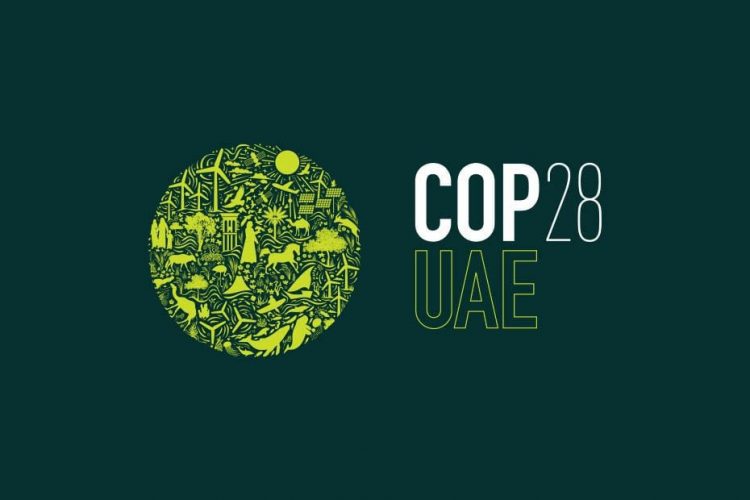As has become customary with major international fora that have to do with climate change, conflicting perspectives, once again, threaten to cast shadow over the COP 28 event, which is scheduled to be held in the oil-rich Middle East Emirate, Dubai, from November 30 to December 12, this year.
The Annual COP (Conference of Parties) forum is intended to raise the level of global attention to what is widely believed to be an already existing global climate emergency resulting largely from the accelerating recovery and use of fossil fuels as one of the world’s major sources of energy. The perceived extent of that emergency is reflected in the fact that the annual COP gatherings bring together Heads of Government and high officials alike, energy and climate change experts as well as committed ‘Climate Changers’ whose assertive presence on the sidelines of the substantive gatherings play a key role not just in drawing global attention to the event and helping to galvanize action in pursuit of the ‘rolling back of climate change as well as testing the temperature of the ongoing ‘discourse’ on the issue.

Since, over time, Climate changers across the World have tagged those oil giants as being among the leading ‘drivers’ of climate change, the disclosure that Dubai, one of the Middle East’s largest oil producers, will host COP 28 has elicited audible expressions of disapproval among climate changers, globally.
Moreover, the naming of Dubai’s Sultan Al Jaber as the man who will preside over COP 28 appears to have placed fresh winds in the sails of a global army of climate changers who contend that the choice of Al Jaber, the boss of fossil fuel operations in one of the world’s major oil-producing countries, bespeaks a level of double standard that is hard to take.
To critics, Al Jaber could hardly have been a more unsuitable choice to Chair the world’s most high-profile gathering on climate change. The Abu Dhabi National Oil Company (ADNOC) is one of the world’s largest oil producers and Al Jaber has been in that position for several years.
With previous COP fora already having amply demonstrated the extent of the schism between global oil giants and the powerful climate change lobby, concern has already arisen over the likelihood that the very fact that COP 28 will be held in Abu Dhabi and, moreover, that the forum will be chaired by the country’s oil and gas ‘Czar’ could raise the intensity of customary level of climate change protest that has come to be associated with the forum.
Critics of Abu Dhabi’s credentials to Chair what is, in effect, the world’s most high-profile on climate change, say there are several grounds on which the oil kingdom disqualifies itself.
They note, particularly, that even as the global climate lobby seeks to exert pressure in an effort to incrementally push back oil recovery levels, ADNOC has announced plans to increase its oil production to five million barrels of oil per day by 2027 as well as to explore the development of its oil and gas resources.
While each of the preceding COP gatherings have been characterized by its own ‘brand’ of controversy, reconciling the push to staunch the flow of fossil fuel (which is expected to one of the lobbying planks at COP 28) with the chairmanship of the forum by an official who, by definition, is committed to the significant acceleration of oil recovery, going forward, is unlikely to be an easily accomplishable feat.





